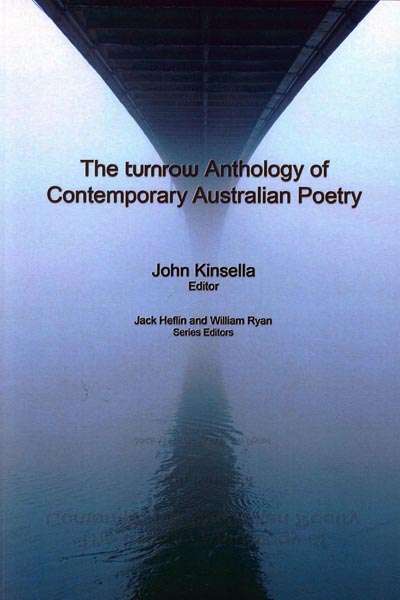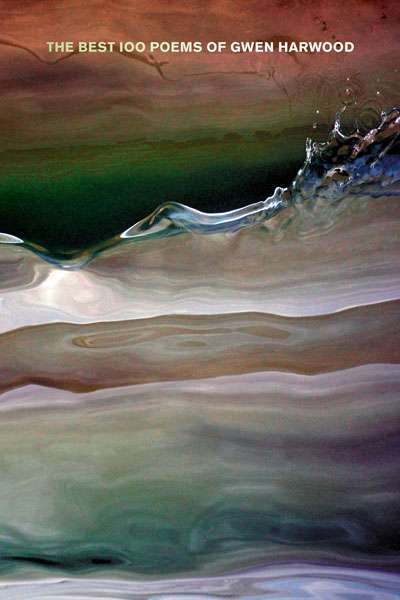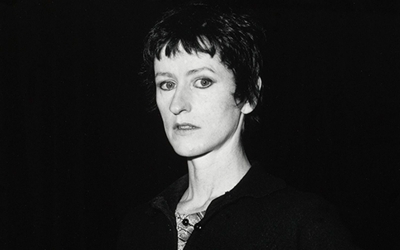Australian Poetry
So, summoned by that call across the wide
And complicated city, pressed
And yet reluctant to arrive,
We found among the ranks of the distressed,
The Turnrow Anthology of Contemporary Australian Poetry edited by John Kinsella
The Best 100 Poems of Gwen Harwood by Gwen Harwood, edited by John Harwood
I admire Jeremy Prynne, Clark Coolidge, Mina Loy, and Lyn Hejinian, but I don’t know whether they have influenced my work. To limit this list in time somewhat: Baudelaire, Rimbaud, Eliot, Auden, Berryman, Ashbery, O’Hara. Among the Australians: Kenneth Slessor, Francis Webb, Michael Dransfield, John Tranter, Jennifer Maiden, Martin Johnston, John Forbes. Everything one reads or hears is an influence. The list seems infinite and includes songwriters such as Thomas Moore and Hank Williams.
... (read more)This cactus looks as if, on a reef,
it could be neighbour to sponge, equally at ease
under the sea – or strange as some tentacled hydra
on the window ledge, free
of quickening leaves.
Digging in the garden I found a moth
albinoed on a piece of bark by the fence.
Those were my radiation days; it was good
to lay down the spade and kneel in the soil.
'Young Male Lyrebird at the Illawarra Treetop Fly', a new poem by Judith Beveridge
He has his medley nearly ready. He has pieced together
his own fantasia, even if just from the sound of an owl
regurgitating a pellet of bat fur, a park ranger’s
jangling keys, the creak of cable strain when bored,






